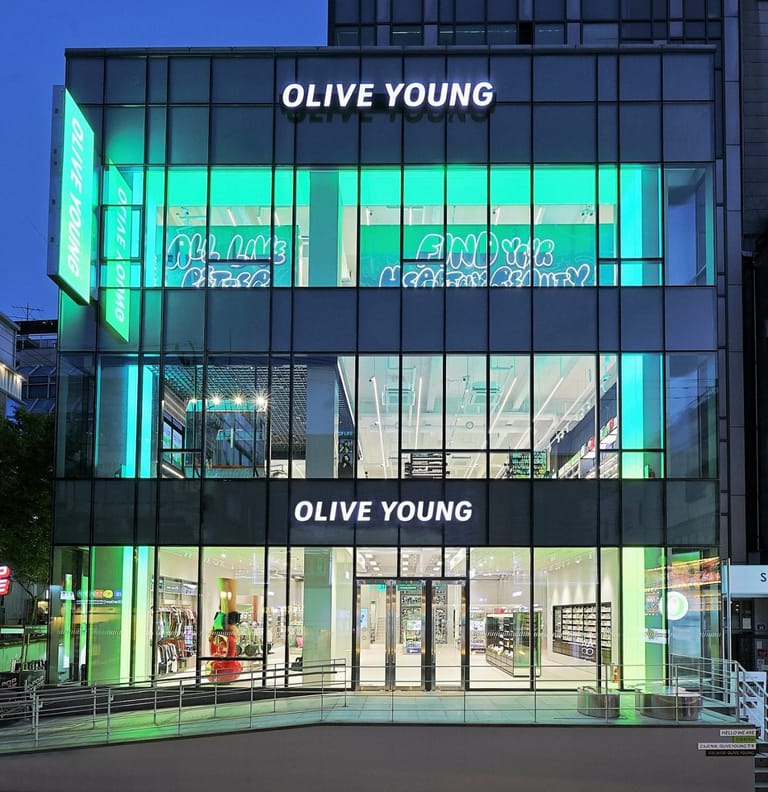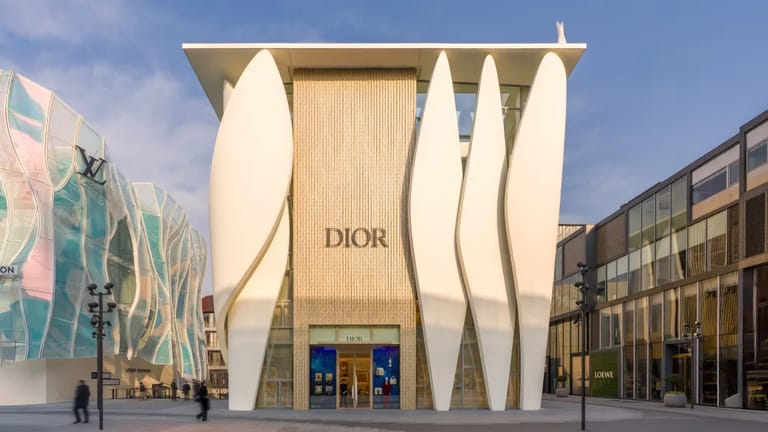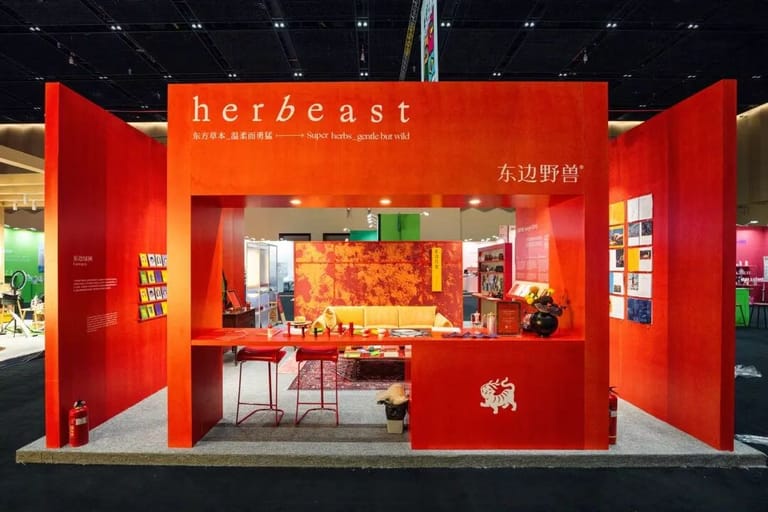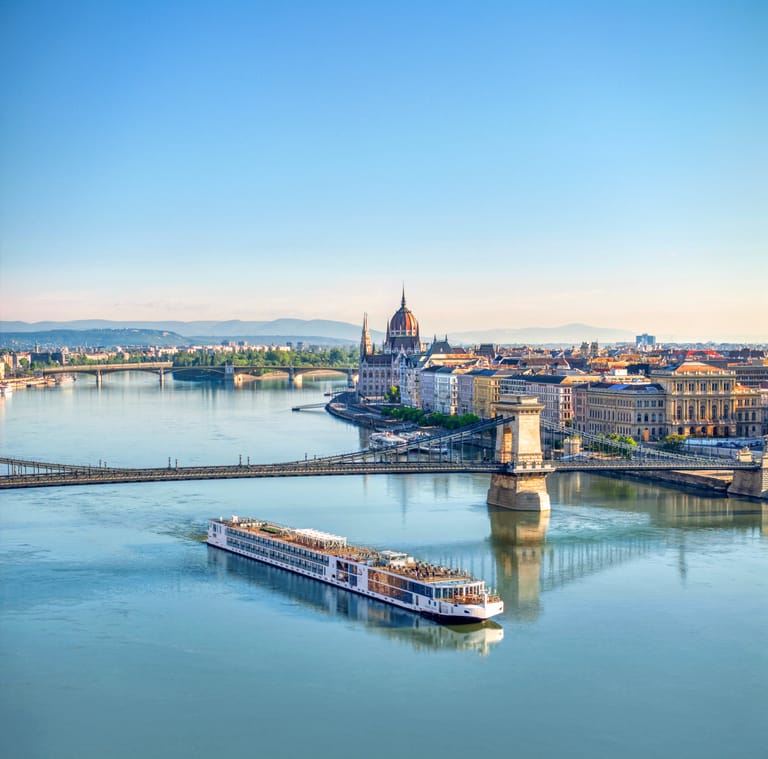Macau Reignites Cultural Tourism with Dancing Water Relaunch
By
Flora Gu

Published on
May 14, 2025

On May 7, Macau’s City of Dreams unveiled the long-awaited return of “House of Dancing Water”—not as a simple revival, but as an ambitious reimagining of the globally acclaimed aquatic performance. This new chapter of the iconic show marks more than just a creative upgrade; it stands as a key milestone in Macau’s push for “Tourism plus”—a strategy aimed at fusing travel with culture, entertainment, and lifestyle.
To commemorate the relaunch, City of Dreams hosted a lavish celebration attended by international political figures, business leaders, celebrities, and media guests—signaling the cultural and economic weight behind the production’s rebirth.
Since its original debut, “House of Dancing Water” has become a cornerstone of Macau’s cultural identity, famed for its pioneering stage technology, international creative team, and immersive storytelling. The refreshed version leans deeper into fantasy-driven narrative and sensory immersion, powered by technical breakthroughs that elevate the show into a next-generation experience. According to the Macau Government Tourism Office, pre-sale tickets for the premiere alone generated over MOP 180 million, helping drive a 92 percent spike in hotel occupancy at City of Dreams.
The show’s return also reflects a wider trend sweeping China’s cultural tourism market: the rapid rise of immersive performance. Recognized as a national priority, immersive entertainment has been highlighted in recent policy measures such as the State Council’s directive on developing “new growth points” for cultural and tourism consumption. In 2024, the total market value of immersive experience projects in China exceeded RMB 193.3 billion, with projections reaching RMB 240 billion in 2025.
From Zhang Yimou’s “Impression” series of the early 2000s, to the sprawling 700-minute narrative at “Only Henan,” and now the latest incarnation of “House of Dancing Water”, immersive performance in China has evolved dramatically. These productions increasingly integrate cutting-edge technology with cultural heritage, offering visitors a richer, more emotionally resonant tourism experience.

Macau’s broader “Tourism plus” strategy is also rippling beyond theater. The newly launched Food Paradise gourmet court at City of Dreams brings together 18 celebrated dining concepts from across Asia, allowing guests to experience Michelin-level tastes without leaving Macau. At the same time, the court collaborates with 10 local food producers to support the regional agri-food ecosystem—showcasing how gastronomy, tourism, and local enterprise can grow in tandem.
This cross-sector innovation is fueling meaningful growth. In Q1 2025, Macau welcomed 8.5 million visitors, a 28 percent year-on-year increase. More notably, non-gaming tourism revenue rose to 39.2 percent of total, reflecting a structural shift in Macau’s economic model. As performance, cuisine, retail, and leisure intertwine, the city is advancing more confidently toward its ambition of becoming a “World Centre of Tourism and Leisure.”
Whether through the mist and motion of a reimagined stage show or the aromas wafting from a bustling food hall, Macau’s new chapter is not just about revival—it’s about reinvention. Underpinned by technology and driven by creative collaboration, “House of Dancing Water” and the “Tourism plus” vision it embodies are helping redefine what destination storytelling can look like.
In doing so, Macau offers a timely model for China’s broader cultural tourism industry: one that shifts from scale to substance, from spectacle to sustainability. It’s not just about attracting visitors—it’s about creating experiences worth returning to.












